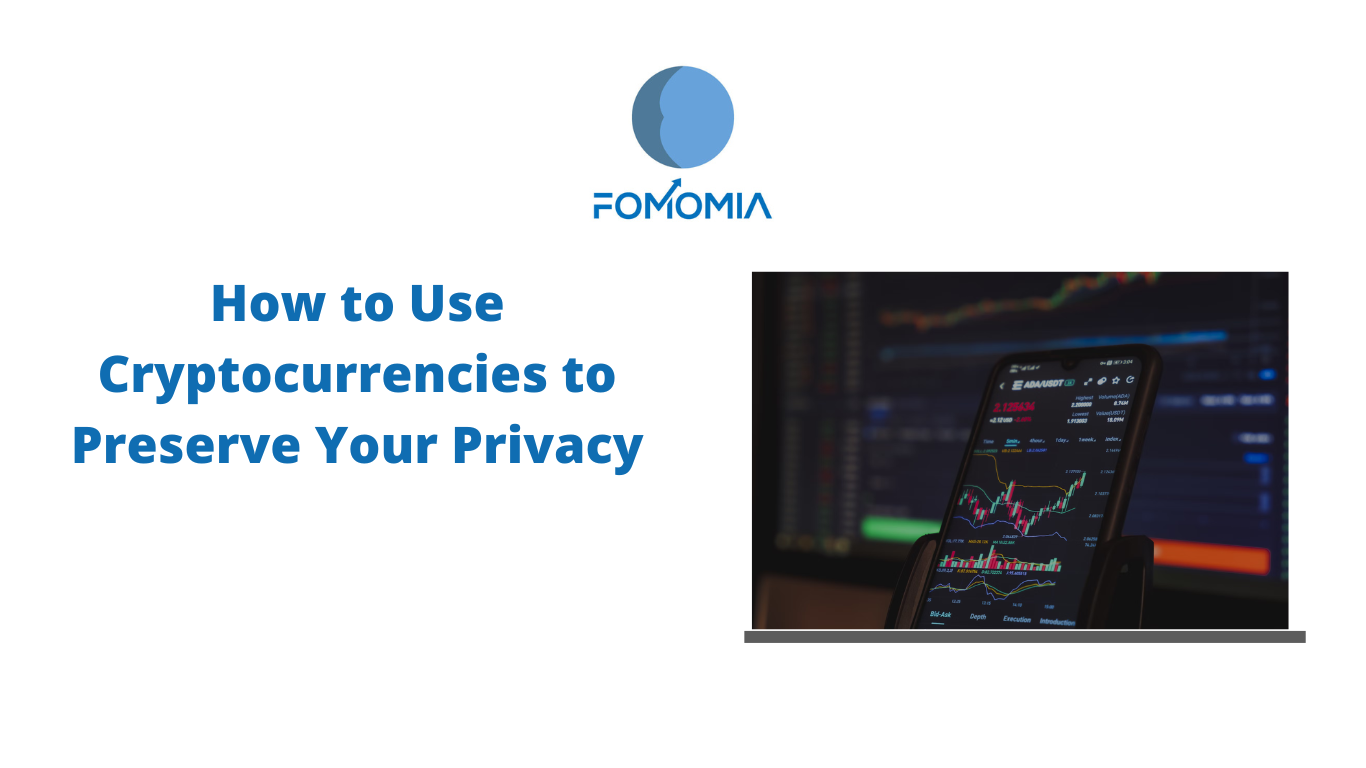How to Use Cryptocurrencies to Preserve Your Privacy
A financial innovation that has the potential to completely transform the current financial system is cryptocurrency. Cryptocurrencies do, however, potentially present privacy problems.
Transactions made with cryptocurrencies are transparent and traceable, so anybody can see who sends, who receives, and how much money is spent. User privacy may be in danger as a result, particularly in nations where financial activity is closely monitored by the government.
How can you use bitcoins to preserve your privacy?
Users of cryptocurrencies have a number of options for protecting their privacy. These actions comprise:
- Consider using a non-custodial bitcoin wallet, which doesn't keep user private keys on a central server. Because only users can access user funds, it is challenging for anyone to keep track of their transactions.
- Make use of a decentralized bitcoin trading network. These networks are not governed by a single company. Therefore, it will be more challenging for governments or hackers to follow transactions.
- Use a coin mixing service to blend the coins of many users, which makes it challenging to trace the source of transactions.
- Use a hardware wallet. A hardware wallet is a physical object that securely stores the private keys of its owner. Anyone trying to access user funds will find it more difficult as a result.
Added privacy safeguards
Users can take a number of additional actions to protect their privacy with cryptocurrencies in addition to the ones mentioned above. These actions comprise:
- Use an alias: When conducting bitcoin transactions, users may substitute an alias for their real name.
- Use a VPN to encrypt your internet traffic to prevent third parties from tracking your online activity.
- Use a public internet connection to avoid being tracked by third parties because public internet connections do not have a fixed IP address.
Conclusion
Compared to conventional currencies, cryptocurrencies have a variety of privacy benefits. However, it is crucial to take precautions when using cryptocurrencies to ensure privacy. Users can lessen their chance of having their financial activity monitored by taking the preceding steps.
Additional advice about using bitcoins to safeguard your privacy:
- Don't divulge any of your personal information to anyone. Your email address, phone number, and physical address are all included in this.
- It will be more difficult for someone to find you online if you don't use the same login for all of your services.
- Use caution when selecting your apps and services. Download software and services only from reliable websites.
- Maintain software updates: Security patches that might help safeguard your privacy are frequently included in software updates.


